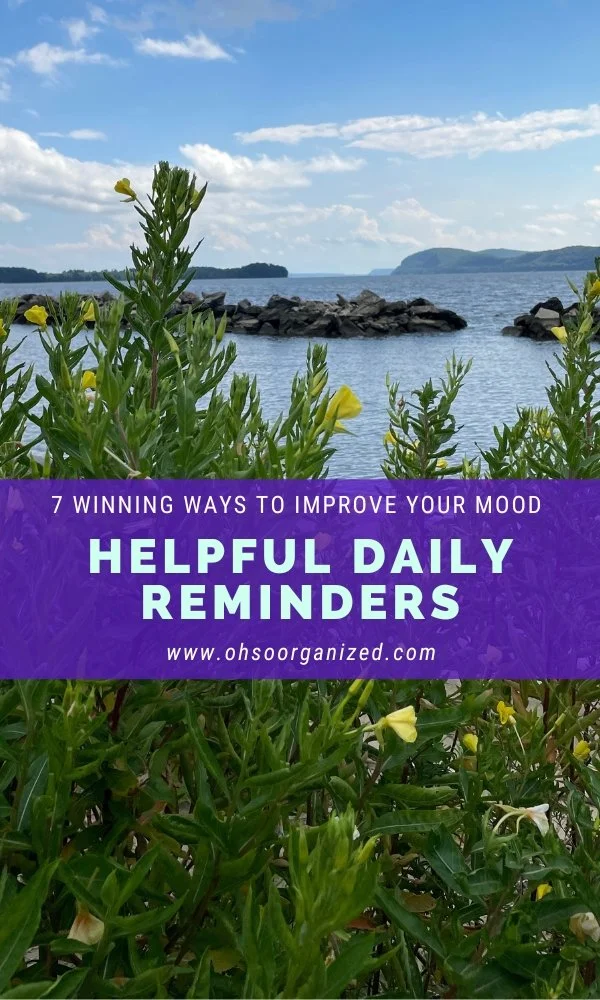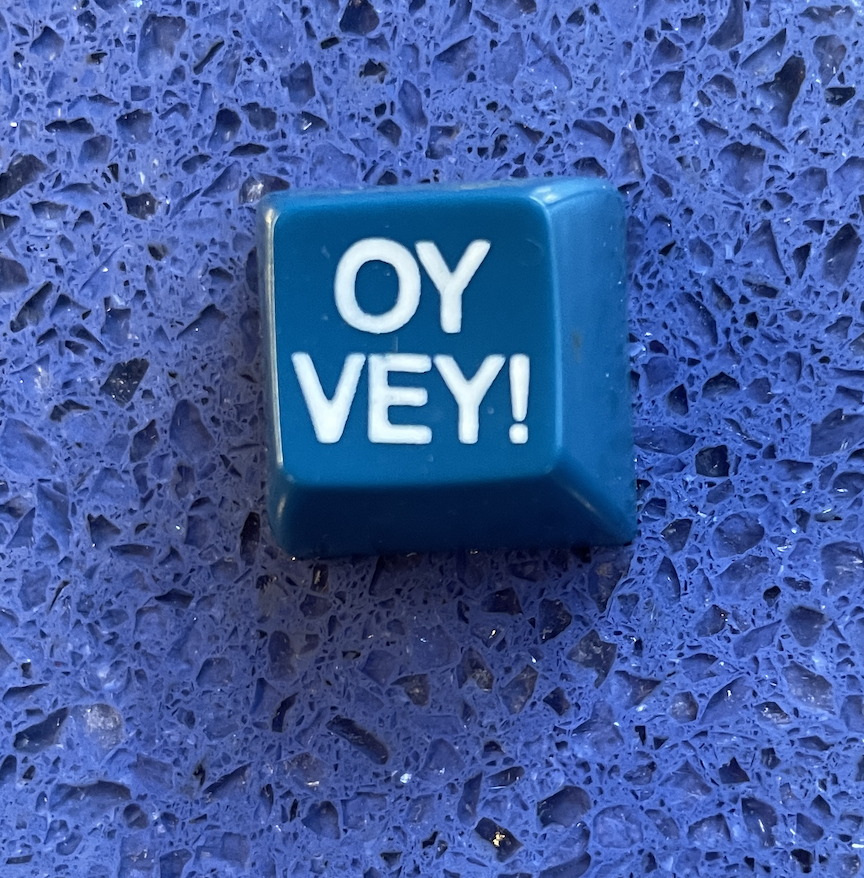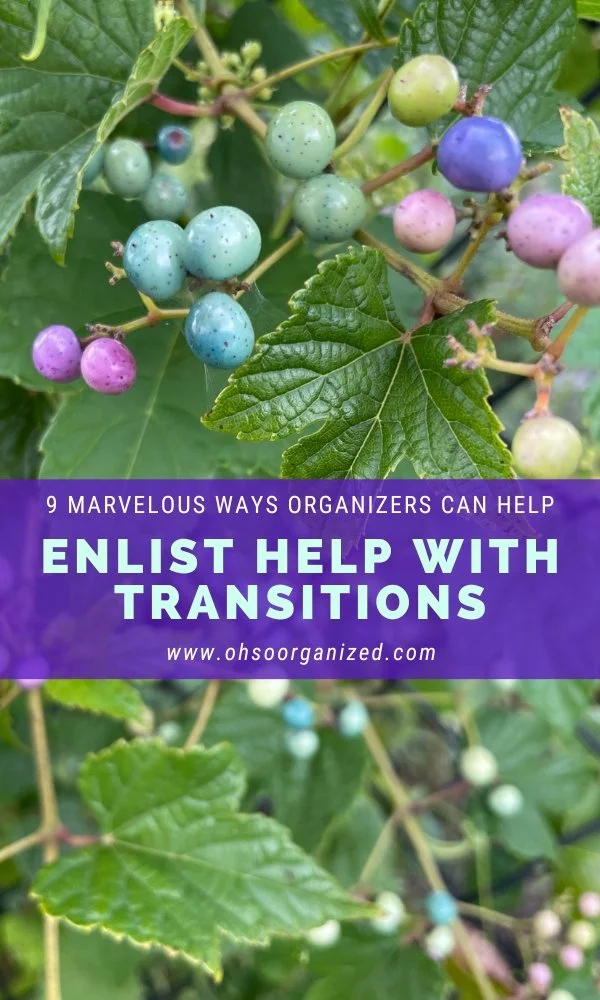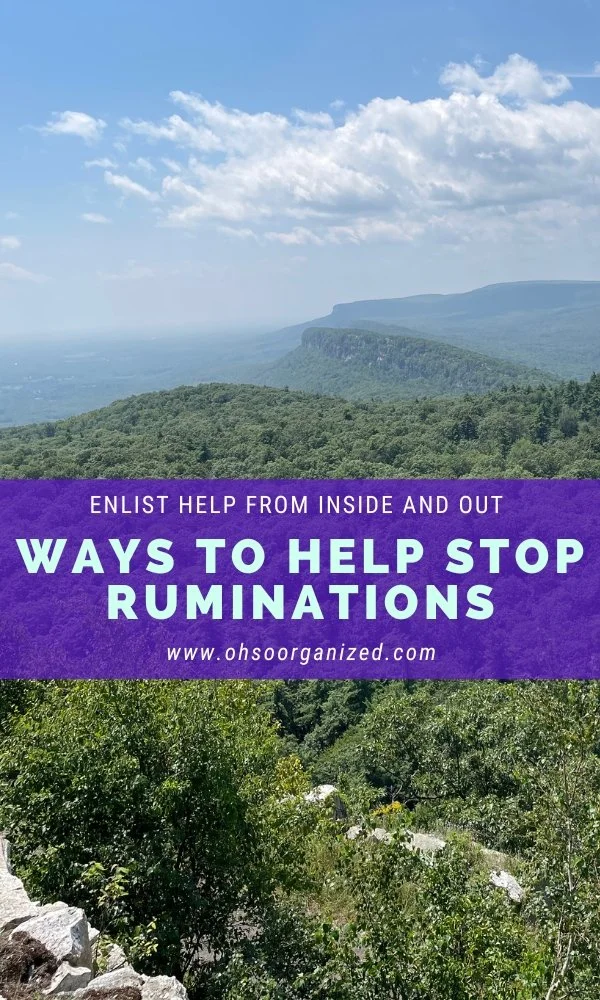We are in the season when everything shifts. Some of us, like me, are holding on to the last few days of summer before heading into the busier fall season. Do you remember standing still while watching the water flow back and forth on the shore? Can you remember feeling the sun warm your body as it calmed your soul? Do you remember sipping a cool sip of iced tea slowly and intentionally? Those are mindful moments of presence and awareness.
As the season changes, is your mind racing? Is mindfulness more challenging to embody? Can you feel your focus shifting and dashing to the future? Are you considering the bazillion goals you want to accomplish before the year ends? Are you focusing on what you need to do in the coming days to prepare for the weeks ahead? There is nothing wrong with planning or future thinking. Those are just as important as reviewing the past and staying grounded in the present.
However, when thinking about the next thing feels overwhelming, there is one strategy that can help. I heard this phrase during one of Yota Schneider’s wonderful monthly virtual retreats. Twink McKenney, a wise woman and fellow attendee who is a yoga teacher, graphic designer, and astrologist, offered this up when we mentioned the future. She was determined to focus on the now and not think too far ahead. Twink said, “We’re doing now, not next.”
What a powerful and simple way to change the internal conversation.
Instead of allowing your mind to rush ahead, do now, not next.
Instead of worrying about what might happen, focus on now, not next.
Instead of planning too far into the future, be here now, not next.
Instead of _____________, do now, not next.
“We’re doing now, not next.”
Next will be coming soon enough. There will be plenty of time to think about and engage with later. When the time comes, I’ll be ready. Today and this moment, I choose to be present with the now.
How does mindfulness show up for you? What helps you be more present? I’d love to hear your thoughts. I invite you to join the conversation.

















